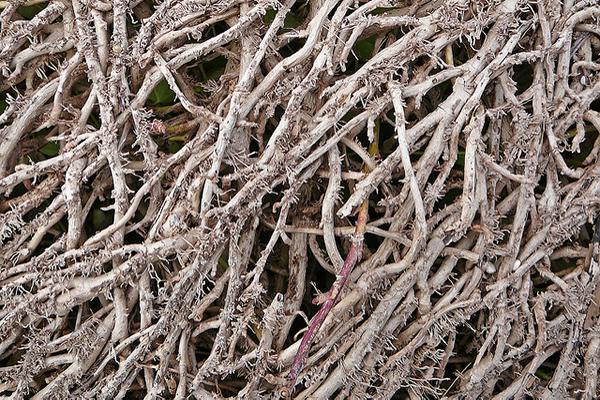How does place make you who you are? This is an implicit concern of Paul Cobb’s book, Race for Paradise, a history of the Crusades from the Muslim perspective. This panel examines the ways in which people come to feel anchored and attached to a location, whether physically, legally, or emotionally. It examines metaphorical and literal rootedness and the ways in which routine and practice become identity. Looking specifically at Carolingian Biblical commentaries, Spanish-colonial urban lawsuits, and Islamic precolonial oral histories, the panelists will discuss the relationships between boundaries, identity, work, and belonging in their research.
Panelists include:
Noah Blan (PhD Candidate, History, University of Michigan)
Lamin Manneh (PhD Student, History, University of Michigan)
Ana María Silva (PhD Candidate, History, University of Michigan)
Paul M. Cobb (commentator; Professor and Department Chair, Near Eastern Languages and Civilizations, University of Pennsylvania)
Katherine French (chair; J. Frederick Hoffman Professor of History, University of Michigan)
Free and open to the public. Lunch provided.
This event is part of the Friday Series of the Eisenberg Institute for Historical Studies. It is made possible by a generous contribution from Kenneth and Frances Aftel Eisenberg.
Image: Roots (Tim Green, CC BY 2.0).
Panelists include:
Noah Blan (PhD Candidate, History, University of Michigan)
Lamin Manneh (PhD Student, History, University of Michigan)
Ana María Silva (PhD Candidate, History, University of Michigan)
Paul M. Cobb (commentator; Professor and Department Chair, Near Eastern Languages and Civilizations, University of Pennsylvania)
Katherine French (chair; J. Frederick Hoffman Professor of History, University of Michigan)
Free and open to the public. Lunch provided.
This event is part of the Friday Series of the Eisenberg Institute for Historical Studies. It is made possible by a generous contribution from Kenneth and Frances Aftel Eisenberg.
Image: Roots (Tim Green, CC BY 2.0).
| Building: | Tisch Hall |
|---|---|
| Event Type: | Workshop / Seminar |
| Tags: | History |
| Source: | Happening @ Michigan from Eisenberg Institute for Historical Studies, Department of History |
The Thursday Series is the core of the institute's scholarly program, hosting distinguished guests who examine methodological, analytical, and theoretical issues in the field of history.
The Friday Series consists mostly of panel-style workshops highlighting U-M graduate students. On occasion, events may include lectures, seminars, or other programs presented by visiting scholars.
The insitute also hosts other historical programming, including lectures, film screenings, author appearances, and similar events aimed at a broader public audience.


